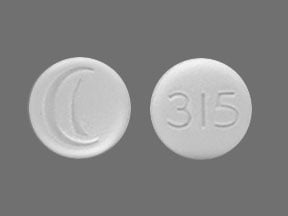My prescription
Edit
3MG, Doxepin (30 Tablets)
Select pharmacy

CVS
$42.64
COUPON PRICE
Walgreens
$64.80
COUPON PRICE
Albertsons
$67.02
COUPON PRICE
Walmart
$150.39
COUPON PRICEDoxepin savings card
Show this card to your pharmacist
CVS
$42.64
BIN
ID
PCN
GRP
019876
LHDE6ED503
CHIPPO
LHX
Powered by
More prescriptions for itching
More prescriptions for itching
Price history for Silenor (brand) & Doxepin (generic)
30 Tablets, 3MG
Average retail price for Silenor
Average retail price for Doxepin
Average SaveHealth price for Doxepin
Our price history data is based on aggregated prescription data collected from participating pharmacies in America. Our prescription data updates daily to reflect the latest price changes. If you notice a missing data point, it means there wasn't sufficient data available to generate a monetary value for that date.
We analyzed Doxepin prices for (3MG, 30 Tablets) over the last 12 months. The average retail price was $201.76, while the average price using the SaveHealth discount card was $83.82. That's a savings of approximately 58.46% when using our Doxepin coupon.
Compared to the generic version, Silenor had an average price of $650.12 over the same time period. With the SaveHealth savings card, Doxepin is 87.11% cheaper on average than Silenor.
*Retail prices are based on pharmacy claims data, and may not be accurate when we don't have enough claims.
Doxepin dosage forms
Dosage Quantity Price from Per unit 3MG 30 Tablets $42.64 $1.42 6MG 30 Tablets $42.64 $1.42
| Dosage | Quantity | Price from | Per unit |
|---|---|---|---|
| 3MG | 30 Tablets | $42.64 | $1.42 |
| 6MG | 30 Tablets | $42.64 | $1.42 |

